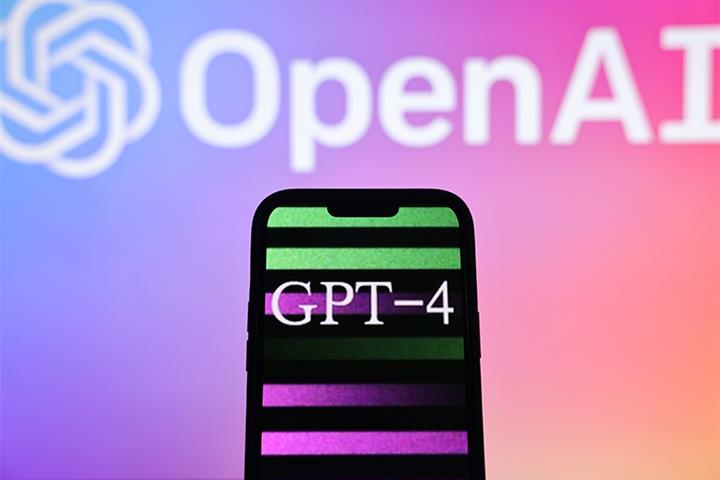 Lack of High-End GPUs Stymies Chinese ChatGPT-Like Bot Developers
Lack of High-End GPUs Stymies Chinese ChatGPT-Like Bot Developers(Yicai Global) March 20 -- Chinese developers of ChatGPT-like artificial intelligence chatbots are hindered by issues such as low computing power, at a time when the need for China to establish its own basic system model is growing.
The lack of computing power platforms is a problem widely shared in the industry, Zhou Ming, founder and chief executive of Beijing-based big model startup Langboat, told Yicai Global. But even if this issue is resolved, others remain, Zhou noted.
The key is to enhance our understanding of the essence of big models, according to Zhou. To develop big models, the focus should be on optimizing algorithms to lower reliance on models and computing power, Zhou said. “We can make big models even with very small GPUs.”
The current number of graphic processing units is far from enough to meet the needs of DataGrand, said Chen Yunwen, founder of the Chinese big data application services provider. The computing power problem of many small and mid-sized firms will be resolved if super-computing centers rent out their computing power, he noted.
Before the advent of large models such as generative pre-trained transformer, or GPT, there were almost no application scenarios in China that required such big amounts of computing power, Chen added. “The problem with China's existing cloud-computing rental platforms is that the computing power is too small and the prices are too high,” he said.
A lack of computing resources has curbed the development of MOSS, the big language model of Fudan University Natural Language Processing Group, Prof. Qiu Xipeng said previously.
MOSS is based on 32 of Nvidia's A100 Tensor Core GPUs, while ChatGPT, which was developed by US artificial intelligence startup OpenAI, is based on 30,000 A100 GPUs.
Training big language models, such as GPT-3, can cost more than USD4 million, according to market analysts and technical experts, who note that most small and mid-sized businesses cannot afford to spend that much.
Chinese tech giant Baidu unveiled its equivalent of ChatGPT, the Ernie Bot, last week. The chatbot is based on a big model, and the Beijing-based company became the first Chinese internet firm to debut a product in the GPT field.
DataGrand also made a breakthrough with its independently developed large language model Caozhi, which could become one of China's first industrial application-level models, Yica Global learned from the Shanghai-based firm yesterday.
Editors: Shi Yi, Martin Kadiev